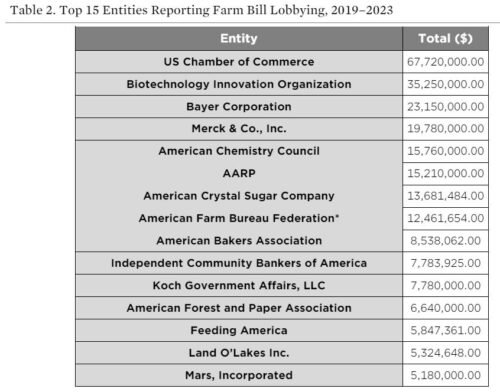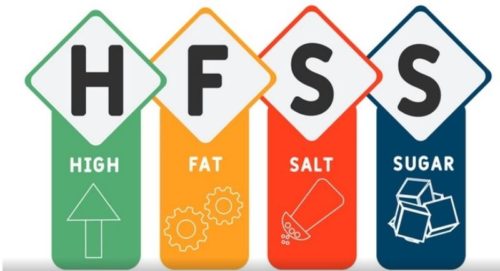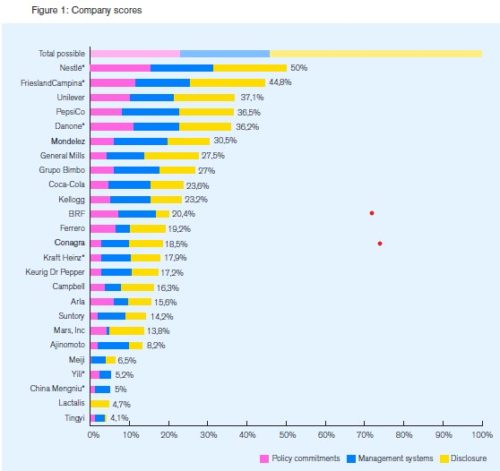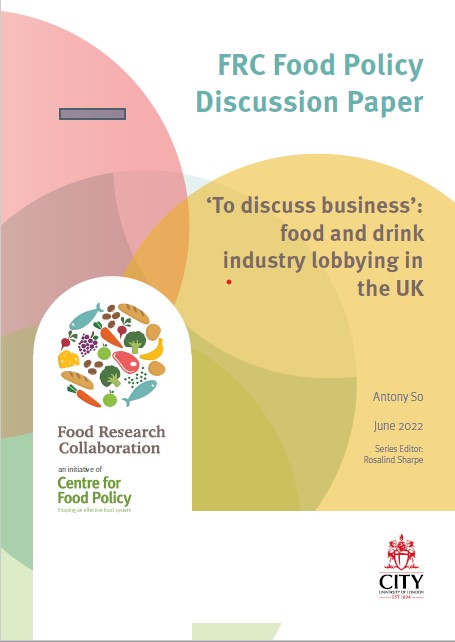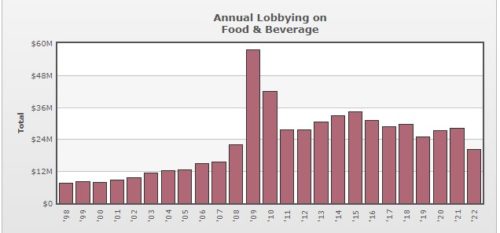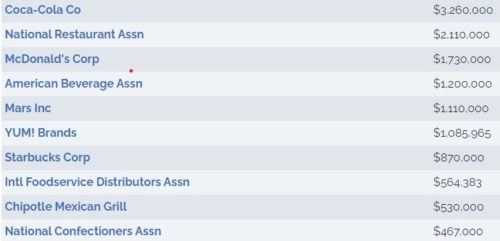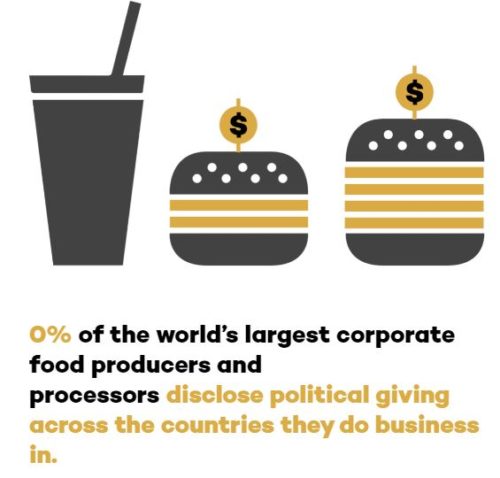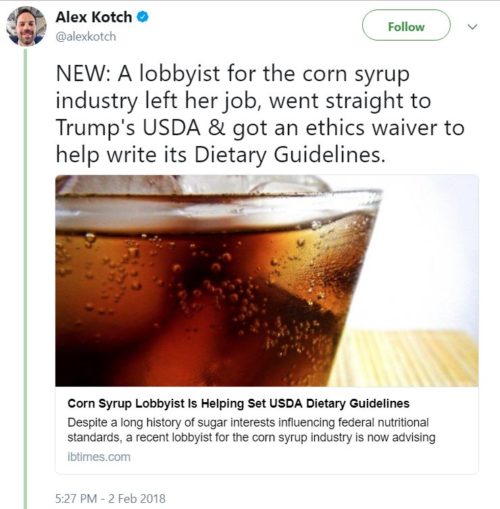MAHA: Let the lobbying begin
Politico reports: White House invites 46 farm, food groups to discuss MAHA report
The MAHA report, as I’ve written, could have enormous implications for food system businesses. The problems it describes with the health of America’s children call for policies that could reduce profits for companies that, for example, produce seed oils, food products with color additives, and ultra-processed foods in general.
The secretaries of HHS and USDA have promised to soon issue dietary guidelines to reduce intake of such foods.
Food companies making products targeted by such views are unlikely to be happy with the report. If past history is any indication, they will lobby for exceptions, exemptions, and delays, and will insist that the proposed measures have no scientific basis (which some indeed do not), violate the First Amendment, and will cost jobs—the playbook that worked for such a long time for the tobacco industry.
The Politico report is behind a paywall, but Helena Bottemiller Evich obtained a list of who has been invited and writes the details in FoodFix: White House holds flurry of industry meetings in wake of MAHA drama.
Her list shows separate meetings for fruit and vegetable producers and trade groups, and those for meat and dairy, restaurants, grocers, beverage companies (Big Soda), commodity groups, and Big Ag.
Oh to be a fly on those walls.
It’s hard for me to believe that this administration will do anything to reduce business interests, and early indications are that RFK Jr is merely calling for companies to take voluntary actions, and individuals to take personal responsibility—neither of which is likely to have any chance of Making America Healthy Again.
I look forward to seeing what they do with the dietary guidelines and the next MAHA Commission report on policy—both expected by the end of the summer, apparently. Stay tuned.

